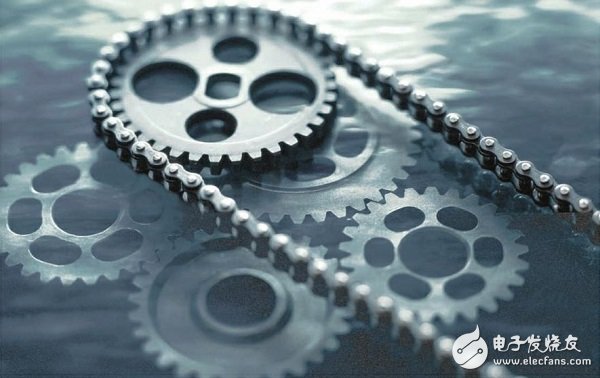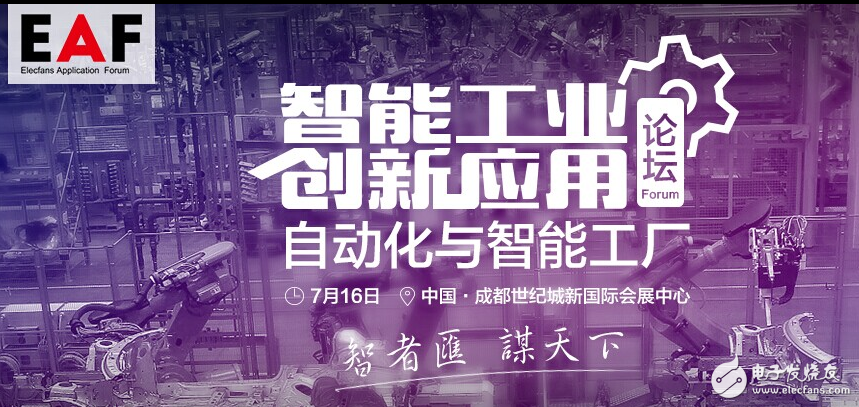In fact, in the transformation of the industrial Internet, most enterprises in China have the three biggest weaknesses. The first weakness is time. The so-called time is the accumulation of technology in key technologies. The research and development of material technology, engineering technology, basic technology, and even the production process and process design in the industrial industry is not as simple as writing software code. It takes a long time to accumulate and practice testing. These are the great advantages of companies represented by Germany and Japan. The modernization of Chinese enterprises has accumulated in less than 30 years. In this respect, Chinese companies have no shortcuts. We can speed up the pace, but we cannot replace this process with the so-called Internet thinking or the concept of industrial Internet. Many of the companies I know that are hoping to move from low-end manufacturing to high-end manufacturing are experiencing the pain of this transformation. Without core technology and weak basic research and development, these companies need to sink their minds and complete this accumulation step by step. The process can achieve a real breakthrough. The second weakness is software technology. This software is not a popular APP software, or dating software, or e-commerce software. In industrial systems, the most critical software systems enable product and production process design software, product database software, control software and production management software, including our commonly used 3D design system PLM and production execution system MES. Everyone who knows the industry knows that the most critical software technologies and capabilities in these fields are in the hands of companies in the United States, Germany, or Japan. Without the support of these softwares, modern industry simply does not exist. In fact, in the coming industrial Internet era, whether it is a German company or a US company, they are based on the starting point of these core software related to production processes, product design and R&D. Based on this, these companies are fast. The ground is moving toward cloud computing and big data. In today's China, there are a large number of young people's ingenuity, which in my opinion is wasted on a lot of low-end commercial software. China's software companies have yet to build a core capability that rivals world-class industrial engineering and control software. This capability will be a huge shortcoming for Chinese companies to move toward the industrial Internet. In addition, traditional enterprise resource planning software (ERP), supply chain management software, and even big data technology, China's software capabilities are also very weak. The breakthrough of these software technologies is not without opportunities. In the era of industrial Internet, Chinese enterprises will have huge demands, which may provide new and huge market and experimental platforms for ambitious software companies. The third weakness lies in chip technology and sensor technology. These ultra-large-scale integrated circuits or chip-related breakthroughs are also important industrial pillars that must be formed in the development of industrial Internet. I am not optimistic about the gap between China's industrial distance and the industrial Internet today, but it is not pessimistic. The reason is that this is a fast-changing market with a variety of technological development possibilities. Only when we realize these gaps, conduct solid research and practice in a solid and in-depth manner, throw away fantasies and talks, and catch up with developed countries. possible. What Germans and Americans are most worried about is the exertion of Chinese companies in this area, especially the power of software technology. If you talk about the first industrial revolution and the second industrial revolution. Life is a revolution in physical products, so the third industrial revolution in the industrial Internet era was the revolution in information and software products. Only a clear understanding of this will allow us to take the right strategic measures. The intelligent industry integrates various types of terminals with environmental awareness, ubiquitous-based computing models, and mobile communications into all aspects of industrial production, greatly improving manufacturing efficiency, improving product quality, and reducing product costs and resource consumption. Traditional industries have been upgraded to a new stage of intelligence. The process of this transformation inevitably takes into account the cost factor. How to solve the problem at the lowest cost is something we need to measure. Do you want to know more detailed solutions? The "Reliable Sensing Network that does not require wires at all" brought by linear will give you a comprehensive interpretation, speed click to sign up ! Kitchen Appliance,Small Kitchen Appliance Cooker,Counter Top Electric Cooker,Electric Hotplate Cooker Shaoxing Haoda Electrical Appliance Co.,Ltd , https://www.zjhaoda.com
Chengdu Intelligent Industry Innovation Application Seminar 

According to the standards of the United Nations industrial statistics, China is already one of the most complete countries in the global industrial system. The scale of China's industrial production capacity can only be compared with that of the United States. However, in the global competition towards the industrial Internet, the United States, Germany, and Japan Bean hope to use this new competitive weapon to open up emerging countries that are catching up and establish their own new sustainable advantages.